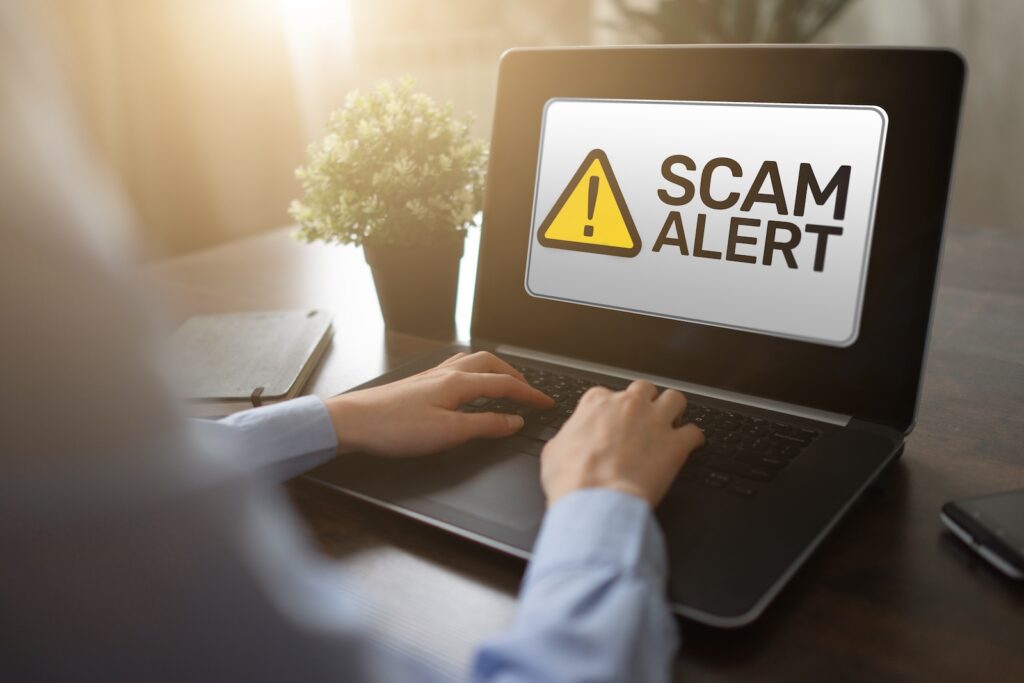Beware of Fake Invoices from Scammers Pretending to be Real Businesses
In today’s world, scammers are getting more clever and crafty in finding ways to get their hands on your hard-earned money. A new scam has been making the rounds, and it’s important for everyone to be on high alert. This scam involves fraudsters pretending to be legitimate businesses, sending out fake invoices to unsuspecting customers. The catch? These invoices contain scam bank account details, meaning if you pay them, your money goes straight into the pockets of these criminals, not to the service or product you thought you were paying for.
Imagine waiting for an invoice from a company you trust, only to be tricked by a lookalike scam sent by someone looking to steal your money. That’s exactly what’s happening. These scams are sneaky because the invoices look real. They might even come from a business name you recognize and are expecting a bill from. However, the reality is, scammers have either hacked into the company’s email system or created a fake email that looks incredibly similar. They then send out these fake invoices in hopes that people will pay without double-checking the details.
It’s really worrying because it shows just how bold and sophisticated scammers have become. They don’t just send random emails anymore; they do their homework, targeting customers who have existing relationships with businesses and are therefore more likely to pay the invoices without question.
So, how can you protect yourself against such a deceitful ploy? First and foremost, always approach your invoices with a cautious skepticism. If you receive an invoice, especially one via email, take a moment to verify its authenticity. Check the sender’s email address closely for any small discrepancies that might suggest it’s not the real company. If something feels off, it’s better to be safe and contact the company directly using contact information you find independently, not from the invoice you suspect might be fake.
Additionally, look out for unusual payment requests. If the company you’re dealing with suddenly asks for a new form of payment or to send money to a different bank account, this is a red flag. Genuine businesses usually stick to their regular payment methods and will communicate any changes well in advance and through secure, official channels.
In this age of digital transactions, staying vigilant and informed is our first line of defense against scammers. Always question unexpected requests for money, double-check where your payments are going, and keep a watchful eye on the authenticity of the invoices you receive. By spreading the word and educating each other, we can make it harder for scammers to succeed and protect our finances from these unscrupulous schemes. Remember, if in doubt, check it out – it’s better to be cautious than to lose your money to a scam.

